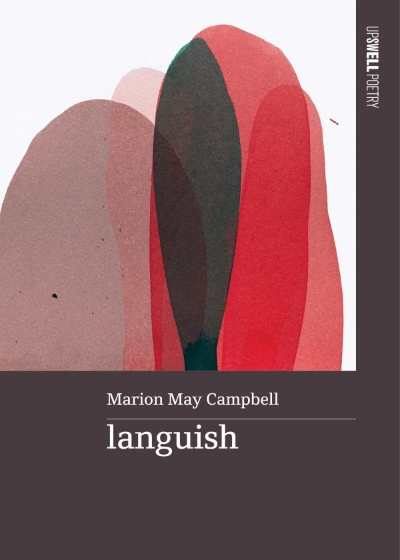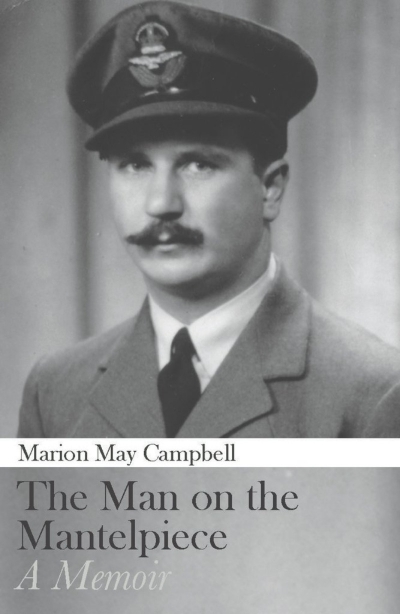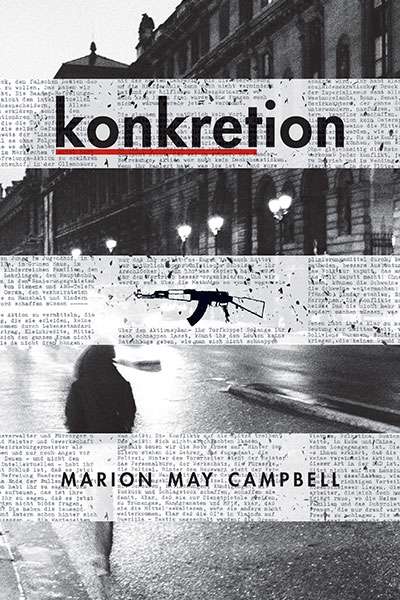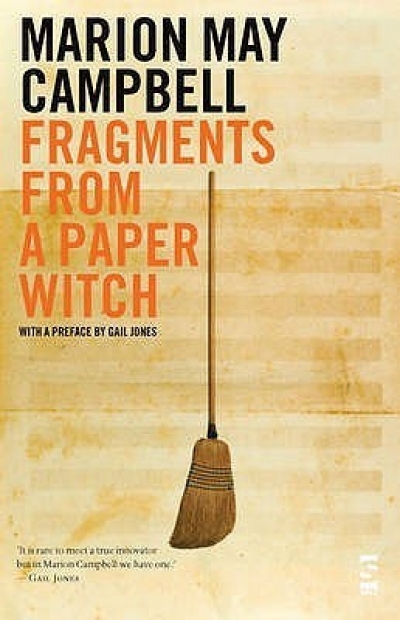Marion May Campbell
languish by Marion May Campbell & And to Ecstasy by Marjon Mossammaparast
by Jennifer Harrison •
The Man on the Mantelpiece: A memoir by Marion May Campbell
by Francesca Sasnaitis •
For me Genet’s phrase sums it up: to write is to undergo ‘horizontal vertigo’, exhilarating and perilous, to enter language as adventure. With all that slumbering immensity that is etymology, languages are humankind’s great works in progress. To write is to take up this terrifying and beautiful challenge, in which one must inevitably fail.
... (read more)





